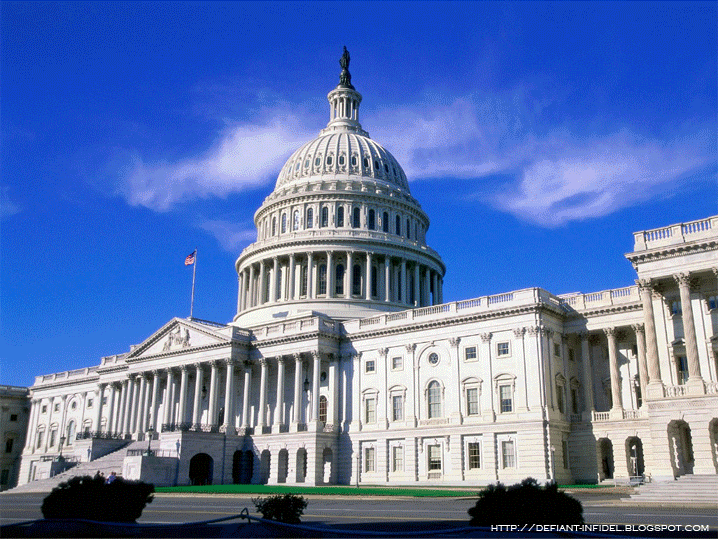30 June 2006 @ 2:36AM
When The New York Times first felt the public uproar over the paper's decision to tell the world about U.S. efforts to trace money transfers between suspected terrorists, executive editor Bill Keller mounted a rather telling defense:
It's an unusual and powerful thing, this freedom that our founders gave to the press. Who are the editors of The New York Times (or the Wall Street Journal, Los Angeles Times, Washington Post and other publications that also ran the banking story) to disregard the wishes of the President and his appointees? And yet the people who invented this country saw an aggressive, independent press as a protective measure against the abuse of power in a democracy, and an essential ingredient for self-government. They rejected the idea that it is wise, or patriotic, to always take the President at his word, or to surrender to the government important decisions about what to publish.What does publishing this information have to do with taking the President at his word? Keller is wrapping himself in the First Amendment because his only argument in favor of publishing this information is simply that he can.
While the founders clearly understood that an informed public was required for good governance, there's no evidence that they intended to set aside journalists as a special class of citizen to which certain laws do not apply. Keller seems to think otherwise.
He continues:
A secondary argument against publishing the banking story was that publication would lead terrorists to change tactics. But that argument was made in a half-hearted way.
So, in other words, the Times decided to put vital national security secrets on the front page because the people charged with protecting the public from terrorist attack didn't bend down and kiss the ring of the Times quite vigorously enough. They only did so half-heartedly.
What I'm struggling to figure out is, if you as a private citizen came into the exact same information that the Times eventually published, but instead of publishing it, you passed it along to an al Qaeda operative in a dark alley somewhere, you would be guilty of treason and could be executed.
Yet, Bill Keller seems to think that "freedom of the press" amounts to one huge legal exemption--the espionage laws do not apply to him!--and by being chosen by a handful of old-money New Yorkers to edit a newspaper, he is somehow in better position to decide what is in the public interest than the government officials that we the people elected to act on our behalf.
We've already seen in previous cases that The New York Times believes that it should never have to disclose its sources in court. And now we see that the Times believes that it should be allowed to publish information that could get you executed if you passed it on in private. That's one hell of a loophole!
Why run the risk of going to jail or even being executed for passing along classified information to our enemies? Just start a newspaper, and have all your informants send along whatever secrets they uncover. If you publish it, you're above the law. After all, you're a journalist. And if you get dragged into court, just refuse to give up your sources. Again, you're a journalist; laws are for commoners.
But why even bother going through the trouble of starting a newspaper? The New York Times already provides this service today.
I don't mean to argue that reporters should be jailed for this sort of reporting as a matter of course. But the fact that the Times continues to act in such an irresponsible manner, jeopardizing the non-military portion of the war at the same time that it criticizes every use of our military, makes it all the more likely that reporters in the future will be hauled into court for breaking similar stories.
I think the public realizes that the Times crossed a line here. But to Bill Keller, there seems to be no line at all. He sees his press freedoms as an absolute, without any countervailing responsibilities.
While he applauds reporters for being "a protective measure against the abuse of power in a democracy", he fails to address an important question: Where is the check against Bill Keller? Where is the check against the press? I don't remember getting to vote for any newspaper editors, and nobody else I know does, either. And yet they have the power to change the future by making it more likely that terrorists can move throughout the world without detection.
The ultimate check against the press would be to enforce our espionage laws against reporters who expose classified information to the entire world. Prosecuting journalists is a very dangerous road for a democracy to go down, and one that could easily be abused by the government. But journalists are not a separate class exempt from the law, and they would be wise not to test the patience of the public. Another story like this, and I think the backlash against the Times will be severe. People will call for prosecutions, and bendy politicians, sensing the mood of the public, will gladly oblige, regardless of the consequences.
And if reporters end up in jail, they may have Bill Keller to thank.
By Evan Coyne MaloneyEvan Coyne Maloney is a political commentator based in New York City. More of his work can be found on the website Brain Terminal.
All contents ©2001-2006 by Evan Coyne Maloney

























<< Home